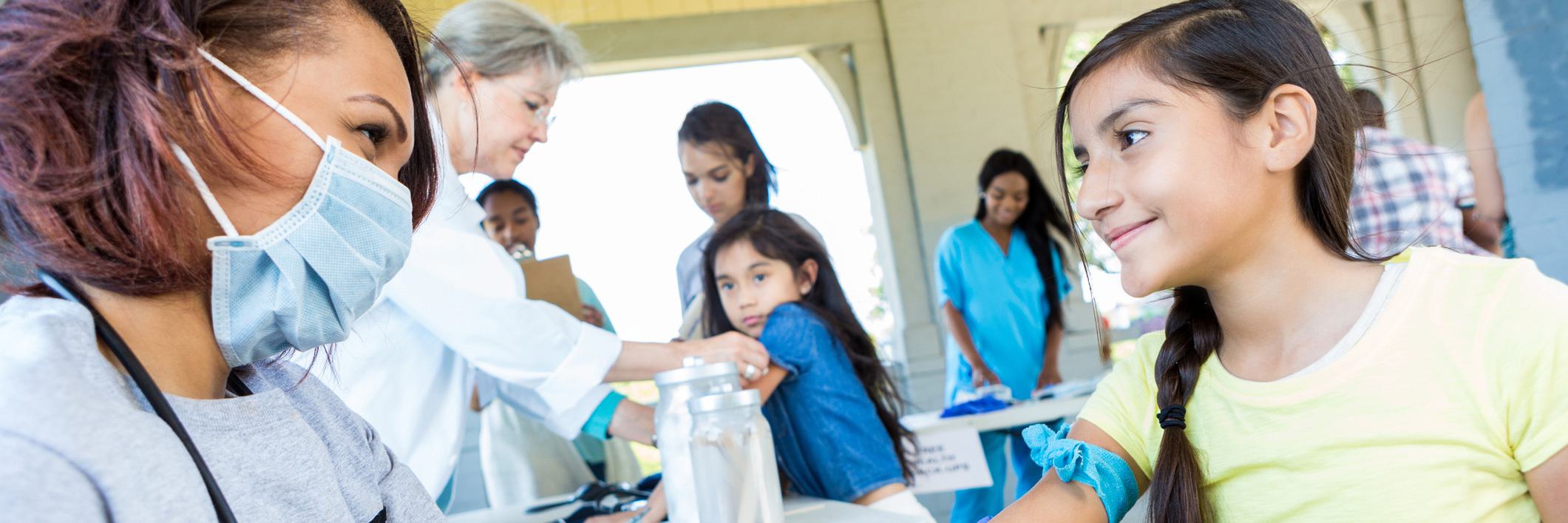

The Community Based Public Health focus will further prepare nurses to evaluate and interpret epidemiological, biostatistical, occupational, and environmental information necessary to improve the health of both individuals and communities.
Program tracks range from 30-32 credit hours, post-master's, and include practicum hours centering on adding depth to the nurse's area of practice. The DNP empowers the advanced practice nurse to lead innovative application of evidence into practice to address systems-level issues, improve health outcomes, and/or strengthen healthcare systems.
The Kramer School of Nursing offers a wide range of innovative undergraduate and graduate programs. At Kramer, we foster a learning environment where students are challenged to think critically and holistically, encouraging them to use their passion and knowledge to advance the profession of nursing. From the undergraduate student taking pre-nursing general education courses to the doctorate student working on cutting-edge research, Kramer School of Nursing has a host of opportunities for any level of nursing. Our faculty consists of experienced nurses and nurse practitioners, the majority of whom hold doctoral degrees and are Certified Nurse Educators, alongside dedicated staff and committed community leaders. Together, they work collaboratively to create a learning environment at Kramer that empowers students to advance their careers.
The DNP graduate of the Kramer School of Nursing will function as a professional nurse able to:
Interested in applying for this program? .
The MSN-DNP program admits each semester. In order to be admitted, applicants must meet the following qualifications:
Graduate nursing applicants:
You can find detailed information about the application process here.
Plan to have the following documents available to upload:
Transcripts: Official transcripts showing bachelor’s degree, master’s degree, and any post-master’s coursework.
References: Three professional references, such as the employer, a coworker, or a nursing school faculty member who had the applicant as a student.
Essay: A personally written essay of 500-750 words demonstrating effective writing skills describing how the degree sought will help the applicant achieve life and career goals (requested as part of the application form).
CV/Resume: A Curriculum Vitae (CV) with a comprehensive listing of professional accomplishments.
English Proficiency: As defined in
Interview: Applicants may be invited to an interview with the committee. Interviews of students living at a distance can be conducted by telephone or Teams. The interviews will validate and verify application materials and evaluate verbal communication skills.
GRE: The GRE is not required for admission to any Doctoral Nursing program.
In addition to these general doctoral requirements, each program has their own, additional requirements and processes. Visit each program’s page for more information.
Click to view data.
